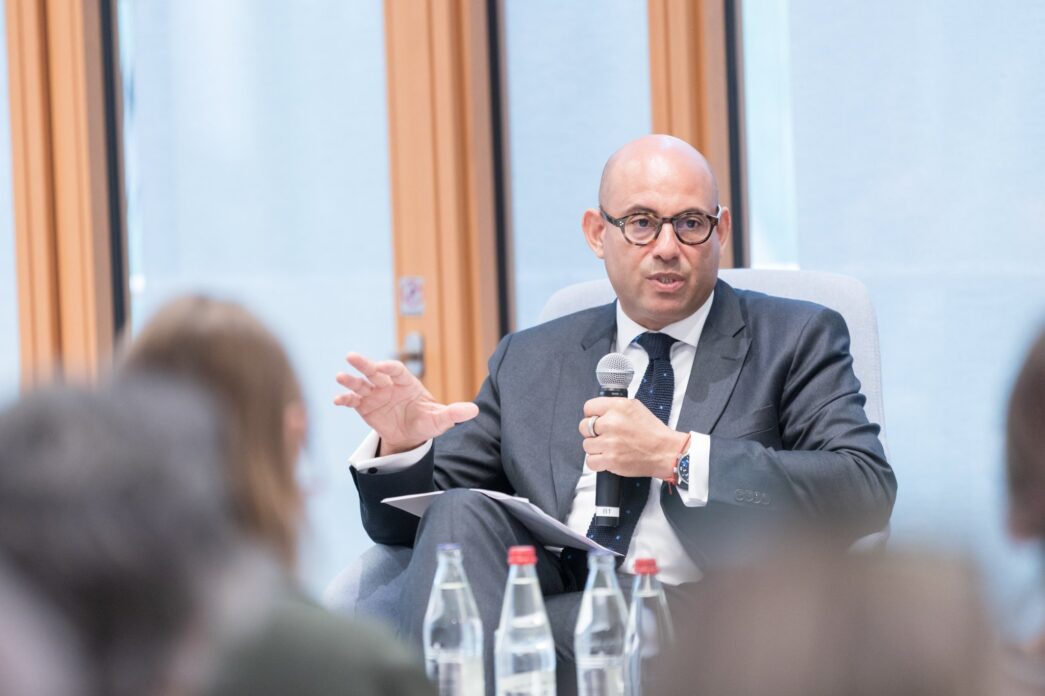Urgent Need for Equitable Climate Financing: Stiell
Stiell Calls for Fair Climate Investment
UNFCCC’s Stiell Warns of Climate Investment Gaps
BY SHEKWOPEYELO
Simon Stiell, the Executive Secretary of the United Nations Framework Convention on Climate Change (UNFCCC), warned that the world faces a “dangerous two-speed global transition” if the issue of uneven climate investments is not addressed. Speaking at a sustainable investment forum in New York, Stiell noted that while financial flows for climate action have surpassed a trillion dollars, most of this funding is concentrated in major economies.
Urgent Call for Equitable Investment
Stiell emphasized, “Transformation is needed in every sector, presenting opportunities across the board. However, the current trend shows that the majority of this investment is funneled into projects in larger economies, leading to an uneven progression of clean energy initiatives.”
He stressed that without increased climate investment in developing nations, the existing disparities could deepen, undermining global efforts to combat climate change.
Investment Needs for Africa
A recent report by the International Energy Agency (IEA) and the African Development Bank Group (AfDB) estimated that Africa requires nearly $25 billion annually by 2030 to ensure energy access for all. However, high perceived risks and the ongoing debt crisis in many African nations hinder both public and private investment.
Stiell criticized the outdated perceptions of risk that prevent investment in these regions, stating, “Many developing countries are held back by exorbitant capital costs and spiraling debt crises. This imbalance is not only unacceptable but counterproductive to global economic stability.”
A Call for a New Climate Finance Deal
To address these issues, Stiell proposed a “new climate finance deal” that emphasizes not just the amount of public finance required but also diverse sources of funding, including public, concessional, and blended finance. He highlighted the necessity for reforms in development banks and stronger climate policies from governments.
Stiell encouraged nations to transcend barriers and collaborate on innovative solutions, stressing that the new national climate plans, or nationally determined contributions (NDCs), are critical for ambitious climate action in this century.
“Serious progress is needed urgently, both at the upcoming climate negotiations in Baku and from G20 ministers who oversee the major development banks,” he concluded.
